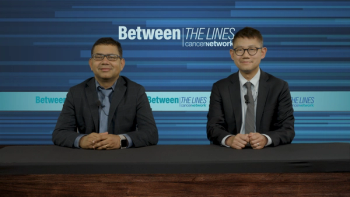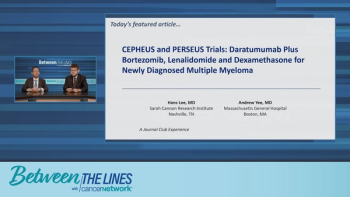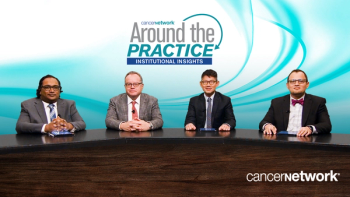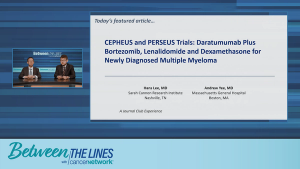In relapsed or refractory multiple myeloma, treatment becomes increasingly challenging as patients progress through multiple lines of therapy. With each relapse, response rates diminish and the duration of remission shortens. Although there are several approved drug classes available—including immunomodulatory agents, proteasome inhibitors, and monoclonal antibodies—treatment sequencing is complex and individualized. Many patients become have triple-class– exposed or even penta-refractory disease, limiting the effectiveness of standard options and highlighting the need for innovative therapies and optimized care strategies.
The real-world use of these therapies is often complicated by cumulative toxicities and logistical barriers. For example, immune-based therapies such as bispecific antibodies and CAR -T cells offer promising efficacy but can require hospitalization, intensive monitoring, and specialized infrastructure. In addition, therapies like such as bispecific antibodies may necessitate step-up dosing protocols to mitigate risks such as cytokine release syndrome. These factors can impact affect access and adherence, especially in community settings where supportive care resources may be limited.
As data from ongoing studies and real-world registries accumulate, it becomes increasingly important to close gaps in care for patients with advanced disease. Incorporating novel agents earlier in treatment, managing toxicities more effectively, and improving access to cellular therapies are key goals. Continued collaboration between academic and community providers will be essential to ensure that the growing arsenal of myeloma therapies translates into improved outcomes across all practice settings.





